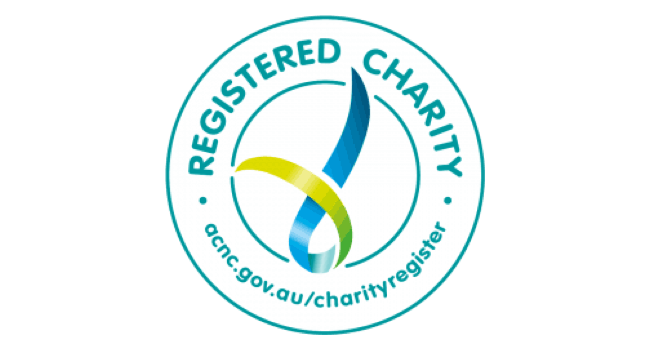With VCE examinations currently in progress, it’s important to know about the extra support available if your child has a disability or is sick, injured or experiencing a personal trauma around this time. There are two main types of Special Provision: Special Examination Arrangements and Derived Examination Score (DES).
Special Examination Arrangements
Special Examination Arrangements are available if your child has a disability or long-term illness. The arrangements vary depending on individual needs but the aim is to help your child access the questions and communicate their answers. The support comes in many different forms, such as taking rest breaks during the exam or being given extra time to provide responses.
If you haven’t already agreed to Special Examination Arrangements for your child, but think they may require it, contact your school as soon as possible. Your school may be able to submit a late application to the Victorian Curriculum and Assessment Authority (VCAA).
Derived Examination Score
The second type of special provision is a Derived Examination Score or DES. This is available if your child gets sick or injured or experiences a personal trauma immediately before or during an exam.
Again, it’s important that you or your child informs the school as soon as possible before or after the exam. Your child will also need to complete a DES application, including providing independent professional evidence. Your school will then consider the application and make a recommendation to the VCAA.
If your child becomes ill just before an exam but can still attend, make sure they inform the VCE coordinator of their condition. Also, if your child falls ill during an exam, they should inform the supervisor straight away.



